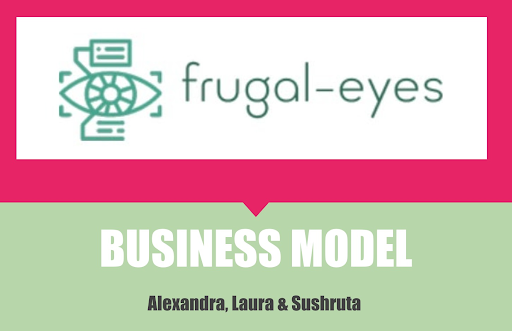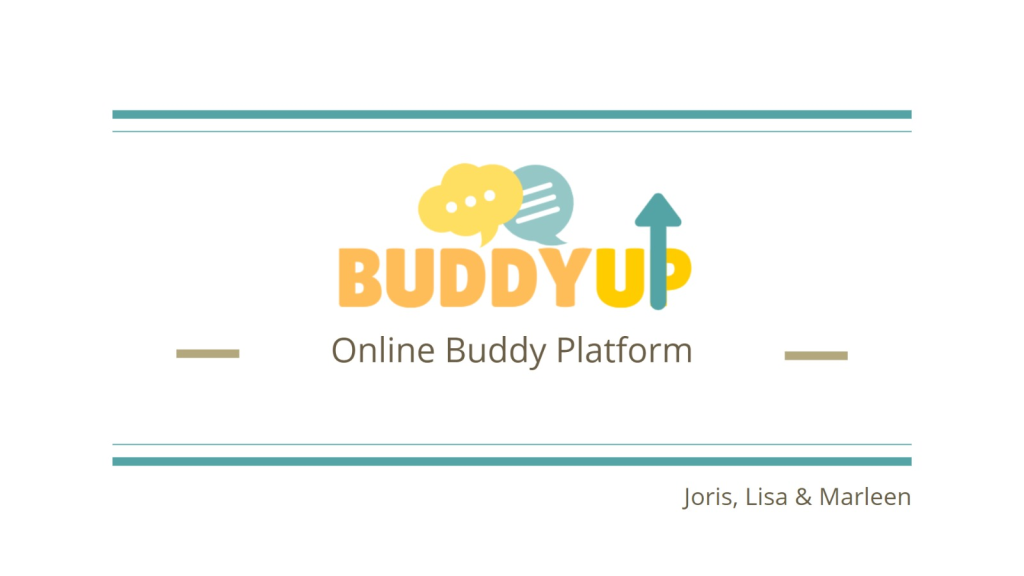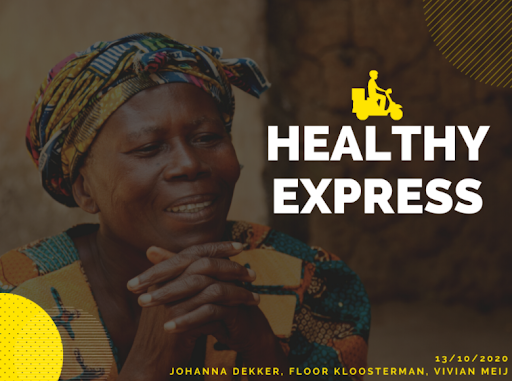The third edition of the Minor Frugal Innovation for Sustainable Global Development (FI4SGD) started in September. This minor, set up and coordinated by CFIA in collaboration with the African Studies Centre Leiden (ASCL) and other knowledge partner institutes, gives students a chance to work with students from other universities and disciplines. Every year selected students from Leiden, TU Delft and Erasmus Universities come together to learn about frugal innovation both from a theoretical and practical perspective, and as part of the minor, even have the opportunity to do an internship in the Netherlands or abroad for a 12-week field work assignment.
In this blog series, the Minor’s Student Ambassadors share their insights and experiences firsthand. We hope that through this series, other students can get a good impression of what the Minor looks like, and what types of activities and research projects are being done by the students. In this blog post, Vivian, a 3rd-year economics and business student, shares her experience of the second course of the Minor, which is centred around Frugal Innovation and Entrepreneurship.
The second course of the minor, is related to the entrepreneurial side of frugal innovation. Strategies, business models, POV canvasses, market analysis, and financing: everything is covered by this interesting course on entrepreneurship! It is exciting to see students with a variety of study backgrounds focussing together on business problems. This interdisciplinary approach led to some amazing insights throughout the weeks. The entrepreneurship course was split into two parts: the first was theoretical and lectured by Prof. Peter Knorringa, while the second part was more practical and led by Albert Kraaij. This dual approach is what the minor is all about, learning about the theory and putting it into practice afterwards!
Peter Knorringa taught us a lot about the different aspects of entrepreneurship for a frugal business. The topics included the different types of entrepreneurs, the context of frugal entrepreneurs, an interesting and interactive lecture on food systems in Africa by Greetje Schouten, and a guest lecture by Georgina Gomez on institutions. With plenty of experience from the field, these (guest) lecturers have provided us with a lot of knowledge and perspectives on the development of a frugal business!
After we had immersed ourselves in all this theory, Albert Kraaij organized an amazing 5-day business model ‘bootcamp’. At the beginning of the minor, we all were allocated to a field assignment related to one of CFIA’s research partners and organisations. With various Covid-proof in-person sessions at The Hague Tech Hub (which was super nice with all the online education nowadays), every field assignment group developed their own business model to tackle a problem encountered when researching the context of their project provider. Everyone started out with gaining a better understanding of the context and the beneficiaries using a variety of canvasses, as well as looking at the business models of comparable companies. Later in the week the groups started to form their businesses and make their ideas more concrete by validating certain assumptions. This was done by conducting interesting interviews, making and testing prototypes and other experiments. Eventually, after the weekend we all gathered one last time for the final presentation. Not only was there eternal fame to be won, but also a delicious Tony’s Chocoleny. In two separate sessions (due to Covid), the teams did their absolute best to pitch their business plans and show the business models, pricing strategies, financial viability, and expected impact. It was such a joy to see all the hard work that was put in these presentations and the enthusiasm of Albert and Peter, who were the jury for the contest!
Overall, the Frugal Innovation and Entrepreneurship course was very enjoyable. From my own experience, I can say that we got a way deeper understanding of the context and beneficiaries we were targeting as well as incorporating entrepreneurial viability into your ideas. This is after all essential when creating a lasting and sustainable impact!
This was Vivian’s blog post on the Entrepreneurship course from the FI4SGD minor! On the @Gofrugalstudents Instagram page you can follow the students that are about to start their frugal internships. The next blogpost by the student ambassadors will explore the frugal development course. So stay updated and make sure to follow us on Instagram, Facebook, and LinkedIn.




